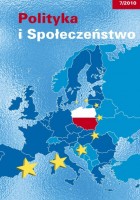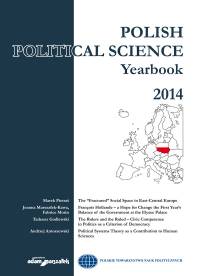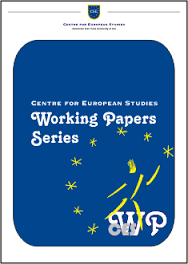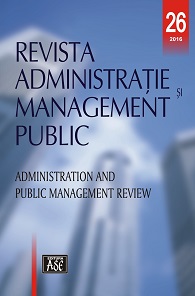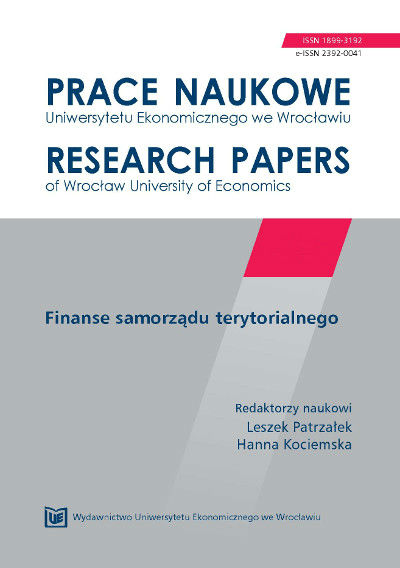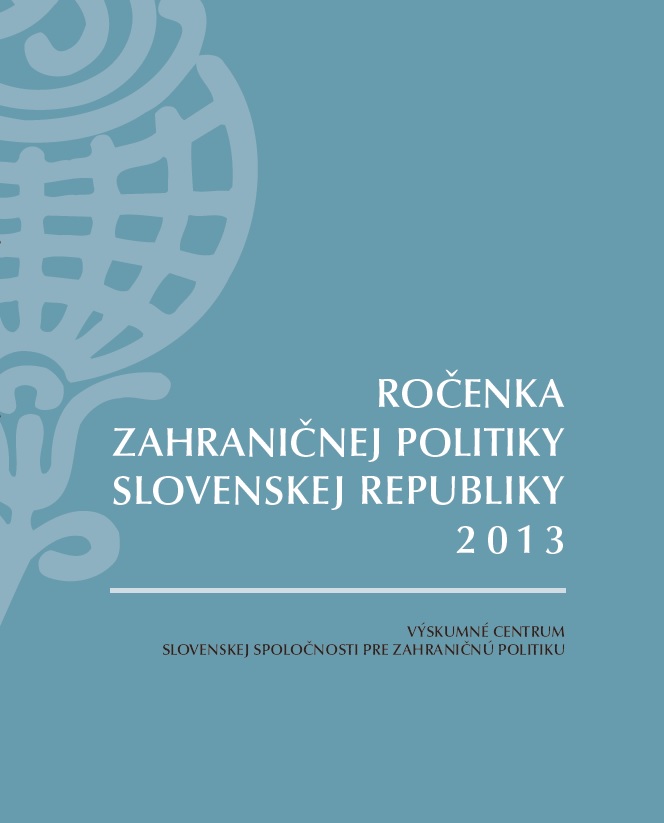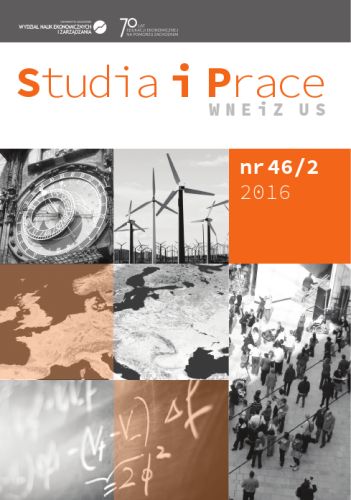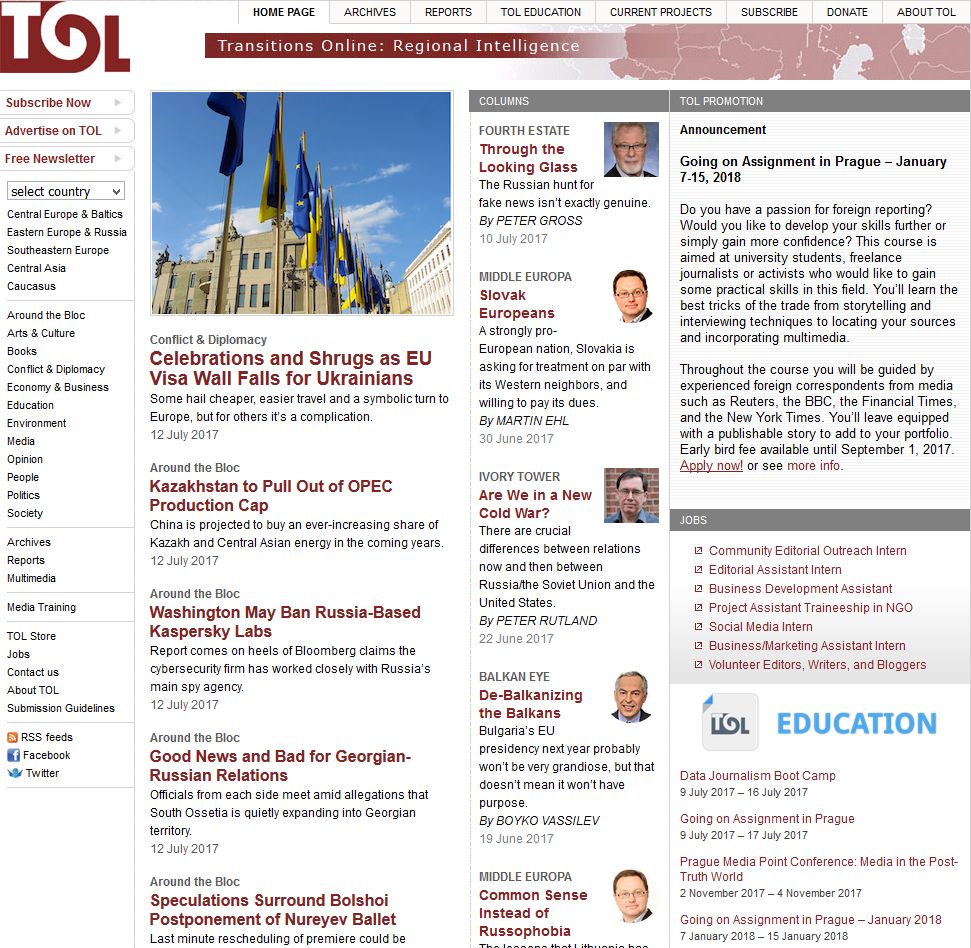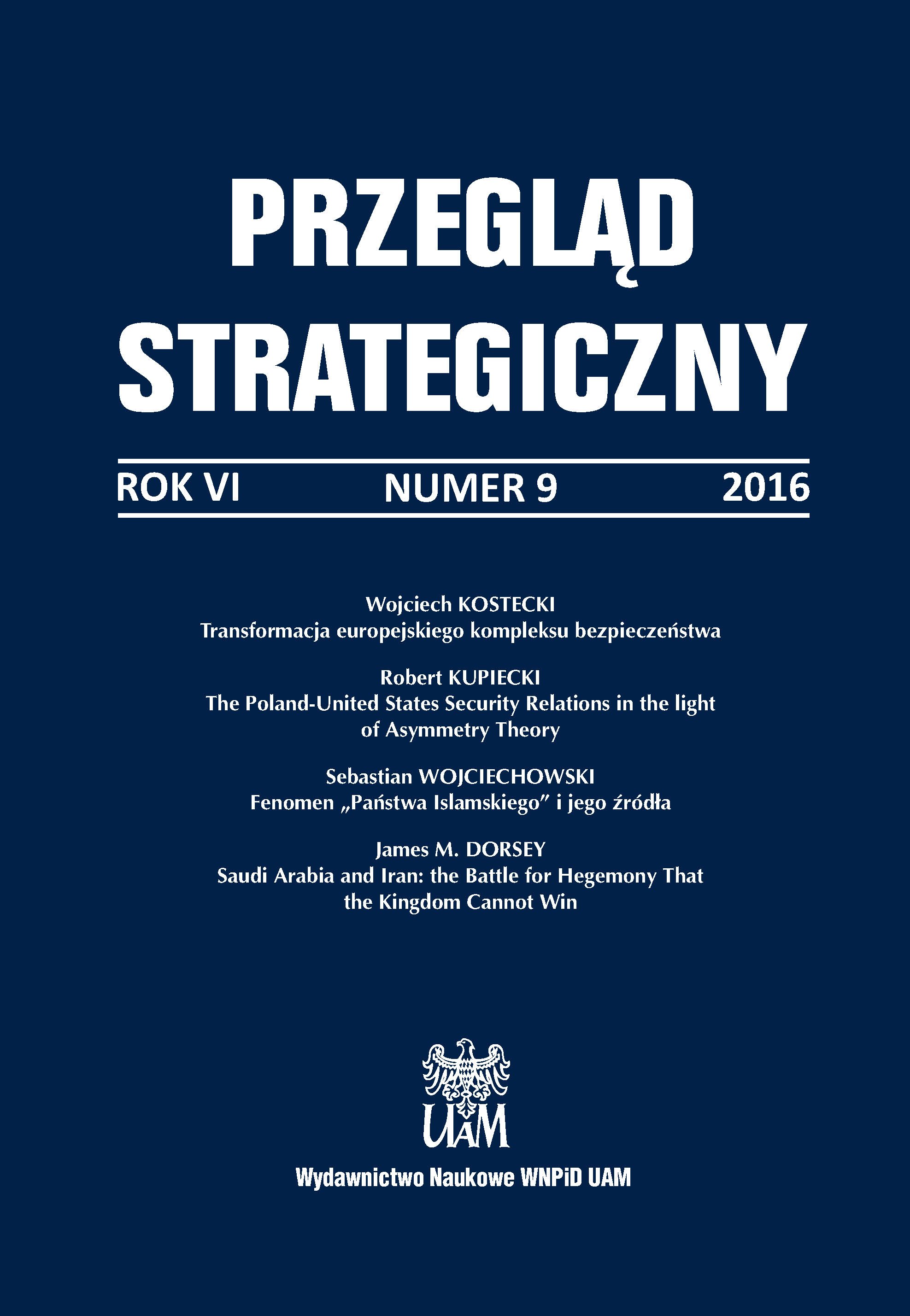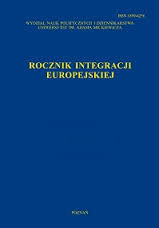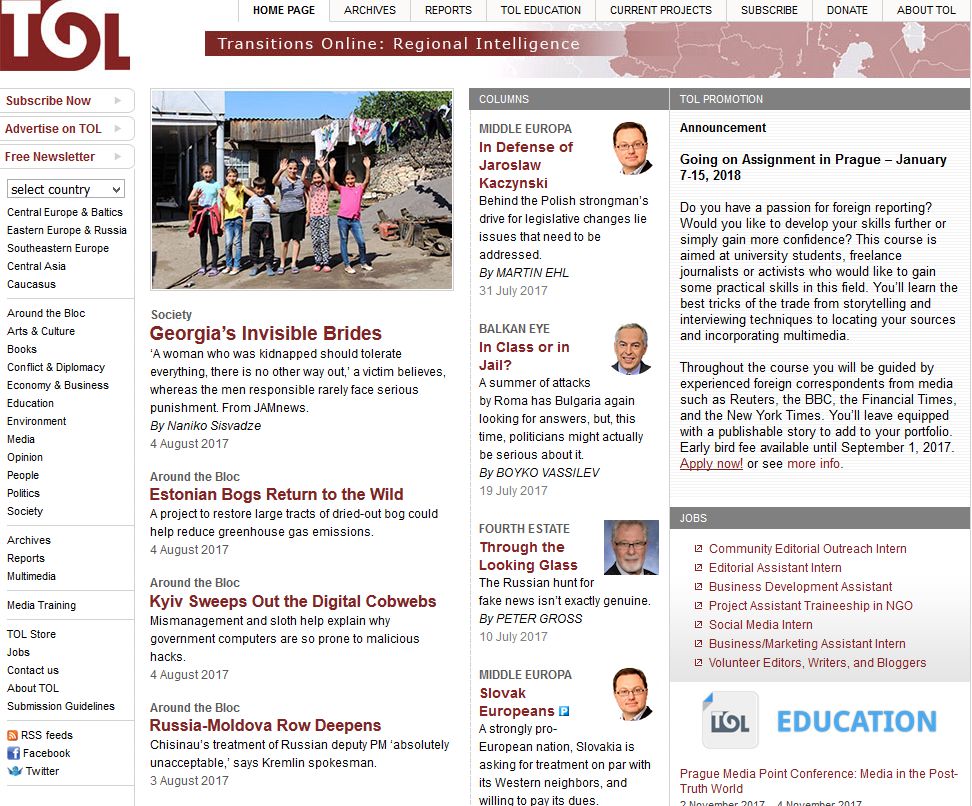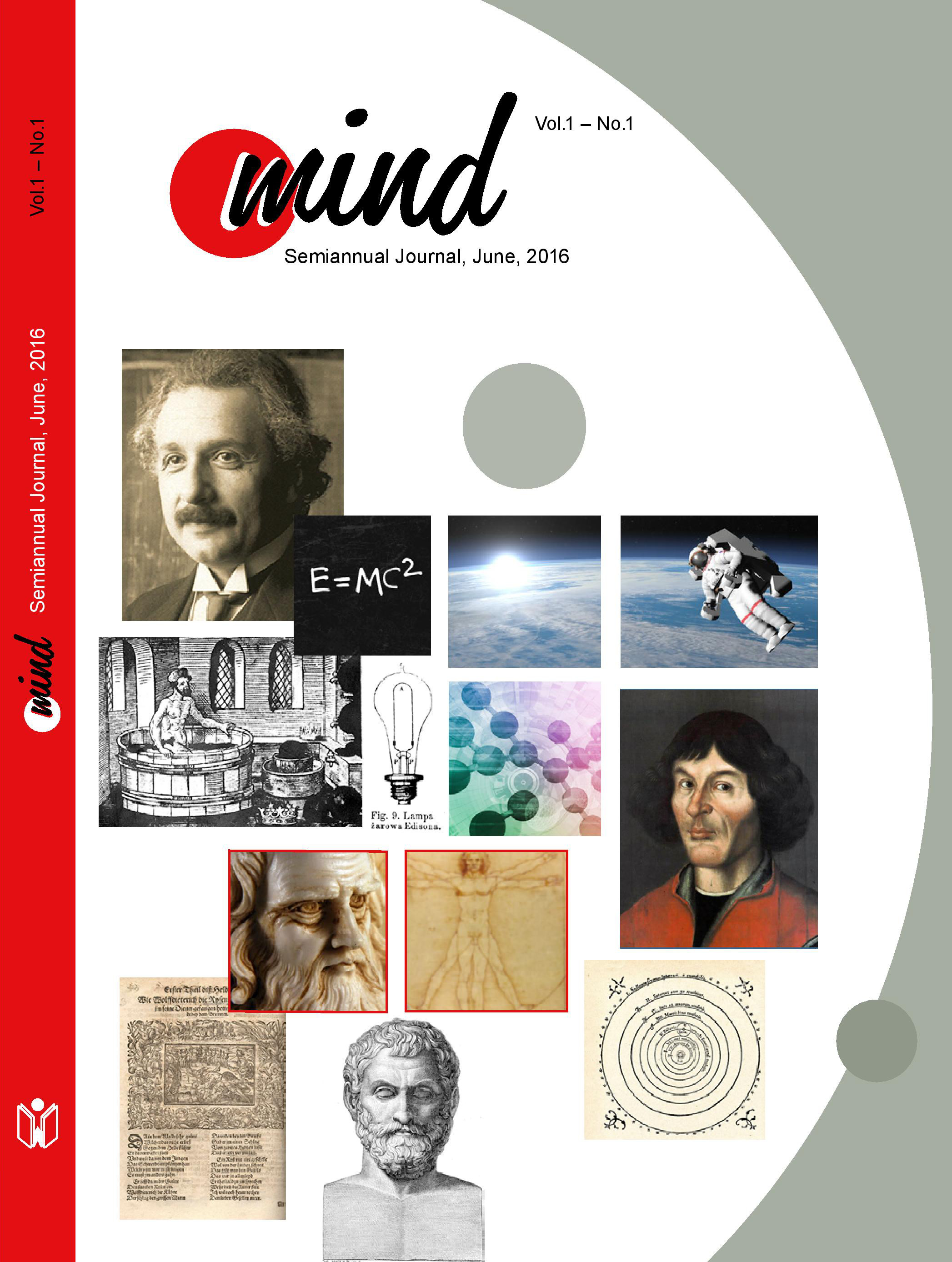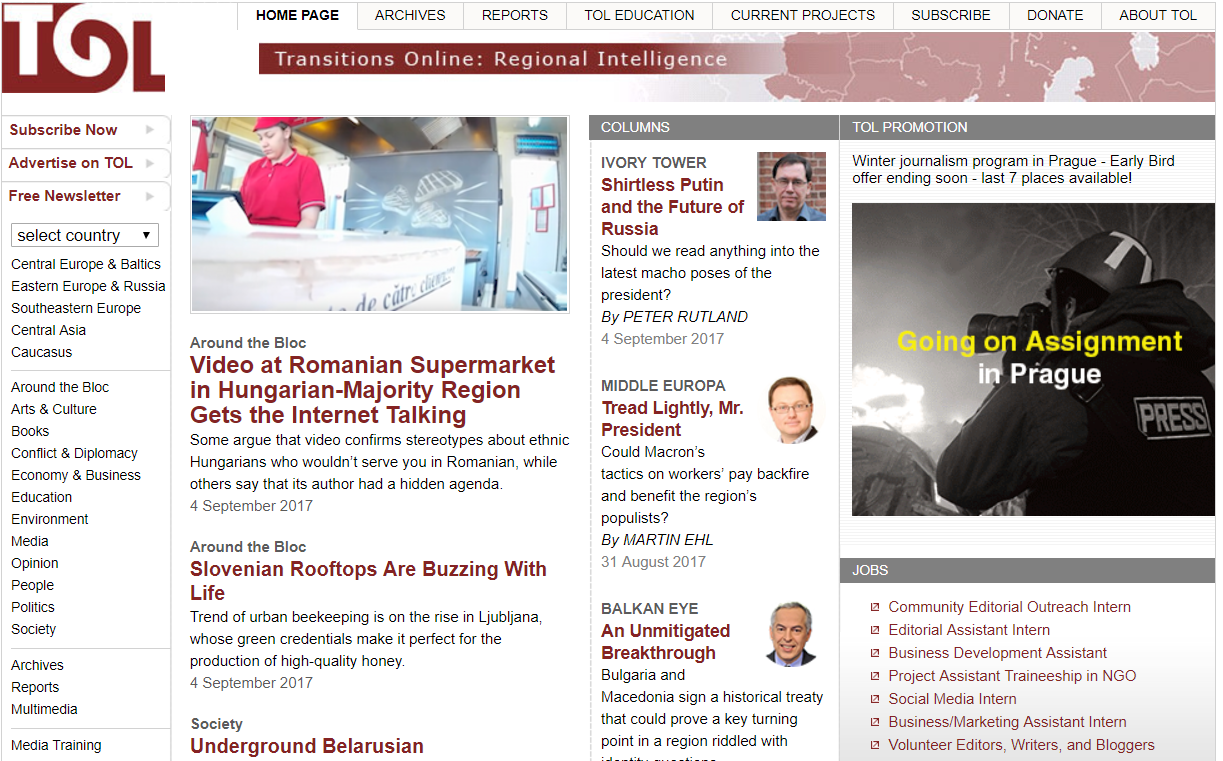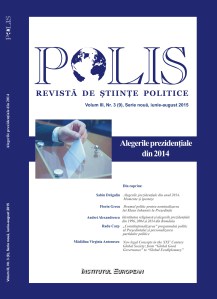
New legal Concepts in the XXIst Century Global Society: from “Global Good Governance” to “Global Eco-diplomacy”
In the present paper, we’ll try to analyze briefly some of the concepts commonly used in the domain of international relations, connected to the field of human rights and we’ll attempt to show their connection to other areas as human security, human development and sustainable development. After briefly analyzing the content of concepts such as global governance, good governance, we’ll reveal their relation to the concept of environmental security, due to the reality that, for the XXIst century global world, the protection and preservation of the Earth environment will represent one of the fundamental obligations of the political actors. This ethical (the ethical element representing, within the global society of XXIst century, one of the most important instruments of the global post-capitalist policy) and legal obligation (consolidating an authentic global environmental law, significantly enriched from the sanction-implementation viewpoint, as compared to the current set of international environmental regulations law, deeply enriched at compulsory level, in comparison with the present legal body of environmental law) will be implemented not only regarding state actors but also, non-state actors which cannot be neglected anymore in the XXIst century global society. We’ll also analyze other juridical concepts as eco-development, sustainable development, with some short observations regarding a global environmental law. The third section will present some considerations over the perspective of introducing “the rights of the nature”, within the XXIst century international law, where environment would be a distinct subject of international law, nearby states and international organizations, enjoying a special range of distinct rights. The fourth section focuses on the perspectives of eco-diplomacy and its legal nature (an inclusive type of diplomacy, based on the harmonious relation between the human being and nature or, on a contrary, dichotomic diplomacy, based on an antagonist relation between the human being and the environment).
More...
